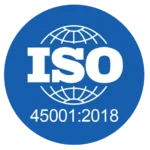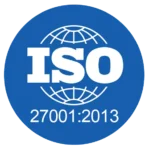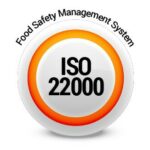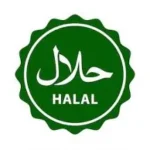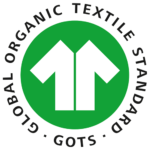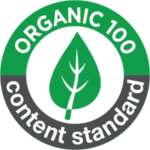What Is GOTS?
Global Organic Textile Standard
The Global Organic Textile Standard (GOTS) is a prestigious certification program that ensures textile products meet rigorous environmental, social, and toxicological criteria. To become GOTS certified,
– Global recognition and acceptance
– Enhanced credibility and marketability
– Compliance with European retailer requirements
– Increased consumer trust and willingness to pay premium prices
– Improved environmental and social responsibility
– Traceability and transparency throughout the supply chain
GOTS is a voluntary certification program suitable for organizations of all sizes, aiming to improve their ethical practices and sustainability. The standard is established and maintained by four reputed member organizations: OTA (USA), IVN (Germany), Soil Association (UK), and JOCA (Japan), along with international stakeholders and experts. Only approved certification bodies can conduct audits against the GOTS standard.
The benefits of GOTS certification
- Access to the organic products market
- Meeting the criteria for new customer relationships
- Increasing business opportunities for organic products
- Enhancing customer confidence and credibility
- Providing quality assurance
The GOTS certification process involves:
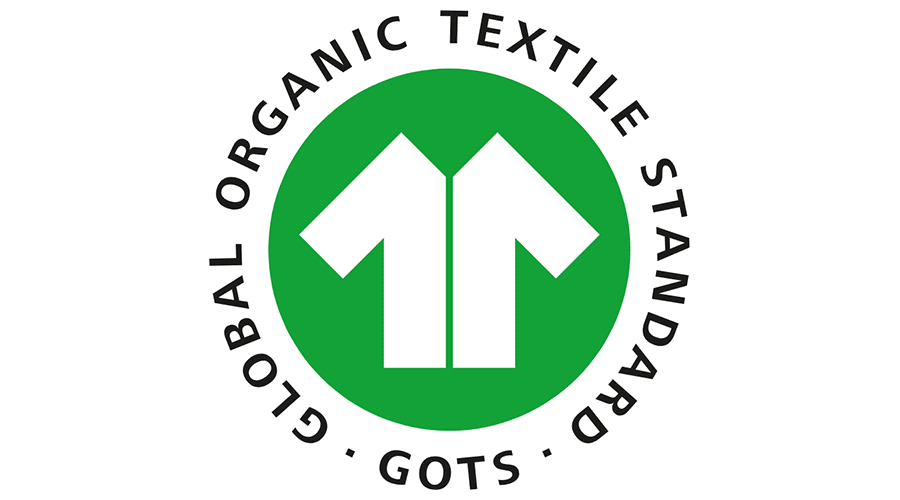
- Gap analysis: Identifying gaps in the existing system against GOTS standards
- Documentation and implementation: Addressing gaps and implementing necessary changes
- Supply chain verification and traceability: Ensuring transparency in the supply chain
- Environmental and social system evaluation: Assessing compliance with environmental and social responsibility criteria
- Employee awareness and training: Educating employees on GOTS requirements
- Statutory and regulatory compliance: Ensuring adherence to local laws and regulations
- Audit preparation: Preparing for the certification audit with technical support
- Initial audit: Conducting the certification audit with a certification body
- Certificate issuance: Receiving the GOTS certificate with a 1-year validity
- Re-audit: Undergoing a re-audit after 1 year to maintain certification
TC- Transfer Certificate Process
The Transfer Certificate (TC) process is a crucial step in ensuring the authenticity of GOTS-certified products. Here’s a breakdown of the TC process:
- Buyer requests TC: The buyer asks the certified supplier to provide a Transaction Certificate (TC) to verify the GOTS certification status of a specific shipment.
- Supplier obtains TC: The supplier requests the TC from their GOTS certifier.
- Certifier issues TC: The GOTS certifier issues the TC, listing the specific products, shipment details, and buyer’s name and address.
- TC confirms certification: The TC serves as proof that the shipped goods are GOTS certified, assuring the buyer of the product’s organic and sustainable credentials.
The TC process ensures transparency and traceability in the supply chain, providing buyers with confidence in the authenticity of GOTS-certified products.
COST OF GOTS CERTIFICATION
The cost of GOTS certification varies depending on the organization’s size, complexity, and location. It’s important to note that the cost of certification is not a one-time fee, but rather an ongoing investment in sustainability and quality.
To get a accurate estimate of the costs involved, it’s best to contact a certification body or a consultant like Quality Systems, who can assess your organization’s specific needs and provide a customized quote.
Some factors that may influence the cost of GOTS certification include:
– Size of the organization
– Number of locations and supply chain complexity
– Type and scope of products or services
– Level of existing sustainability and quality management systems
– Audit and certification body fees
– Travel and accommodation costs for auditors (if applicable)
– Training and consulting services (if necessary)
By investing in GOTS certification, organizations can demonstrate their commitment to sustainability, quality, and transparency, which can lead to long-term benefits and cost savings.


